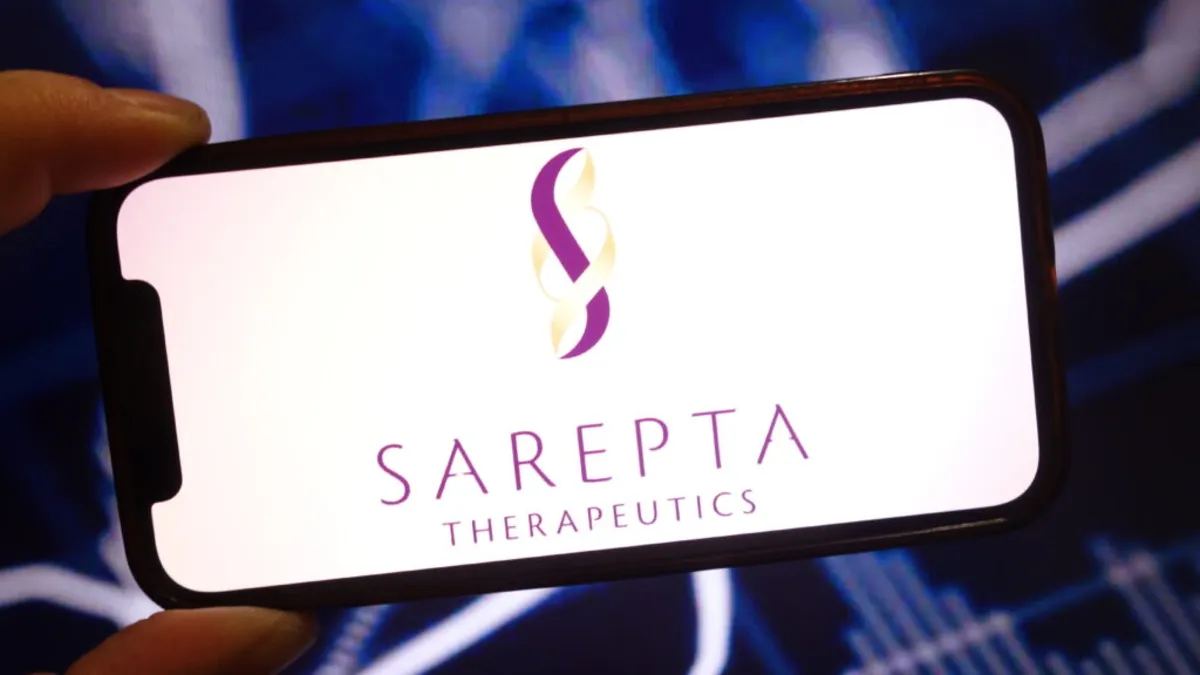
In a significant turnaround, the Food and Drug Administration (FDA) announced on Monday that it is allowing Sarepta Therapeutics to restart shipments of its innovative gene therapy, Elevidys, for patients suffering from Duchenne muscular dystrophy (DMD). This decision marks a crucial development for younger patients diagnosed with this rare genetic disorder who are able to walk.
The FDA stated that Elevidys will now be accessible to younger Duchenne patients who meet specific criteria, primarily those who retain the ability to walk. This decision is particularly significant as DMD affects muscle strength and function, leading to progressive disability. The therapy aims to address the underlying genetic cause of the disease, offering hope to families grappling with the challenges of DMD.
Despite this positive development, the FDA indicated that it will continue to collaborate with Sarepta Therapeutics regarding the treatment of non-ambulatory patients. This group remains under a voluntary hold, which follows reports of two patient deaths that have raised safety concerns. The FDA is emphasizing its commitment to ensuring patient safety while navigating the complexities of gene therapy for DMD.
The decision to resume shipments of Elevidys represents a pivotal moment in the treatment landscape for Duchenne muscular dystrophy. As the FDA works closely with Sarepta, stakeholders in the healthcare community are eager to see how this development will impact patient care and treatment outcomes. Families and advocates remain hopeful that ongoing research and collaboration will lead to safer and more effective therapies for all DMD patients.